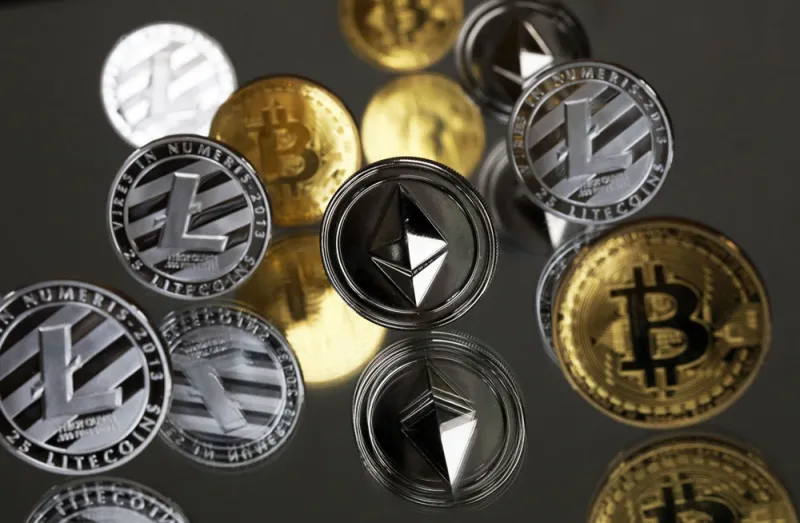With large pools of capital to invest and a long-term horizon, family offices are increasingly looking toward digital assets.
These assets can store wealth and provide diversification to portfolios, according to Vincent Hayes, global head of family offices and international wealth management at BNY Mellon Wealth Management. Because of this, family offices are showing “a significant interest in cryptocurrencies and adjacent areas like NFTs and banking credit,” he said.
“The curiosity is very high,” Hayes added.
Fifteen percent of family offices in the world and 25 percent in Americas have already invested in cryptocurrencies, according to a recent Goldman Sachs survey. Another 45 percent globally are considering adding crypto exposure in the future.
This high level of interest did not surprise Diogo Mónica, co-founder and president of the crypto bank Anchorage Digital. Over the past few years, the bank’s clients have increased their allocations to cryptocurrencies while also expanding their investment scope beyond Bitcoin, he said.
“A lot of the returns over the past couple of years have really been from the new types of cryptocurrencies that have grown faster than Bitcoin on a percentage increase basis,” Mónica said.
Because family offices have a very long-term investment horizon, they can take higher risks and have more flexibility to invest in nontraditional asset classes. Both Hayes and Mónica said rising inflation and low interest rates are contributing to demand for cryptocurrencies.
“The environment is definitely nudging investors to find alternative sources of yield beyond treasuries,” including credit and real estate, Hayes said.
In its report, Goldman Sachs said that “some family offices are considering cryptocurrencies as a way to position for higher inflation, prolonged low rates, and other macroeconomic developments following a year of unprecedented global and fiscal stimulus.”
About two-thirds of the more than 150 respondents of the survey are actively thinking about inflation. Among them, 42 percent are considering digital assets to protect their portfolios from currency debasement, while the others planned to hedge against inflation risk by investing in precious metals, art, and other real assets.
According to Mónica, the Federal Reserve pumping liquidity into the market has driven family offices to look for “a deflationary asset.” Many believe in the narrative that cryptocurrencies are a “digital gold” that can provide growth in an inflationary environment.
Low interest rates are also prompting family offices to dabble in the crypto world as they struggle to generate returns above their benchmarks, which are usually around 7 percent, Monica added.
“In a way, I think we are seeing the low interest rates pushing everybody one slot over in the risk curve,” he said. “Everybody that was looking at bonds was forced into equities. Everybody forced into equities is forced to venture capital. Everybody that was in venture capital now gets forced into crypto.”
Sometimes family offices get exposure to crypto through “token options,” which have become increasingly common among Silicon-Valley-style companies, Mónica said. Instead of returning equity or dividends to investors, these companies offer crypto tokens, “pushing family offices to deal with [digital currencies],” he said. Protocol Labs, for example, has been paying investors with its self-invented Filecoin.
“Many family offices are being forced to deal with it,” Mónica said. “Even if they didn’t want to deploy directly into [cryptocurrencies], they are getting exposure through the start-ups that they are investing in.”
But while family offices generally have a higher tolerance for volatility than other asset allocators, they are concerned about the regulatory risks associated with cryptocurrencies, Hayes said.
Family offices also worry about cybersecurity attacks in the crypto world, Hayes added. For example, one of his family office clients recently asked him whether Coinbase offers safe protection for their crypto wallets.
“Once there is a clear path in terms of understanding the technology risk, protection risk, and the overall investment characteristics from an asset class perspective, I think they’ll be more open to investing in [cryptocurrencies],” Hayes said.







